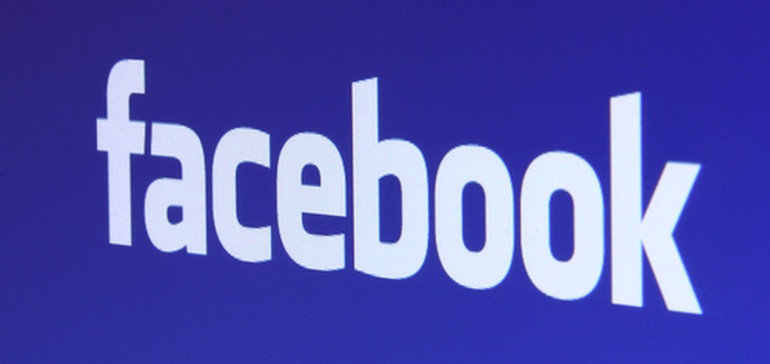Facebook Considers Changes to its Political Ads Policy

As you may have heard, Facebook’s decision not to subject political ads to fact-checking has caused a lot of concern, in various sectors.
With The Social Network rolling out a range of measures to stop potential misuse of its platforms by politically-affiliated groups in the wake of the 2016 US Presidential Election, its decision to allow lies in political ads in the coming campaign seems at odds with such efforts. Add to that the fact that every other digital platform – including Google, which this week announced its own political ad restrictions – now either doesn’t accept political ads or subjects them to fact-checking, and you can see why the pressure would be on the world’s largest digital platform to re-think its stance.
And now, according to The Wall Street Journal, it just might do that.
As per WSJ:
“Facebook is considering making changes to its political-advertising policy that could include preventing campaigns from targeting only very small groups of people, people familiar with the matter said, in an effort to spurn the spread of misinformation. The company in recent weeks has weighed increasing the minimum number of people who are targeted in political ads from 100 to a few thousand, the people said.”
That could an interesting move – micro-targeting, or focusing specific messages onto very small groups, was a key element of how Cambridge Analytica reportedly conducted its political advocacy campaigns across The Social Network. If it wasn’t able to hone in on such specific audience subsets, with messaging tailored to their key pain points, maybe this type of campaigning wouldn’t be as effective – and while expanding the minimum audience targeting from 100 to 1000 may not seem like a major shift, it could have a big impact.
This comes after Google outlined similar limitations on its targeting tools for political ads – earlier this week. Google announced that it will remove Customer Match targeting as an option for political promotions, which will remove the capacity for such campaigns to upload their own lists of emails and/or phone numbers and then have Google’s systems match them up with relevant online profiles.
Again, this may not seem like a major step, but its this kind of precise targeting that has proven significantly effective in campaigns from groups like Cambridge Analytica and the Russian IRA.
Of course, Facebook could still do more. Facebook could still subject political ads to fact-checks, it could add in new labeling to signify such, or it could, as Twitter has done, just stop selling political ads.
For its part, Facebook has said that it is considering all options, and that it’s still assessing its stance in light of ongoing discussion:
CNN reported earlier this month that:
“Facebook is considering changes to how political ads can be targeted, how ads are labeled, and providing more information about who is paying for an ad.”
So it seems like all options are still on the table. Well, all but banning political ads outright – but even if it doesn’t choose to stop them entirely, there are various ways in which it could improve its approach, and not only move in-line with other platforms, but also appease user and regulatory concerns. And the latter could end up being a bigger headache for Facebook in future if it doesn’t act.
This is especially true with other platforms refining their processes – if Facebook sticks with its stance, that will open the door for digital platforms to come under a new set of government-implemented standards, which will bring new penalties and limitations on how Facebook, and others, operate. That kind of accountability will also prompt increased discussion about how Facebook and other providers are run, and whether there should be rules governing their overall practices.
Facebook doesn’t want that, as it would be costly to implement and difficult to manage – and as such, it makes sense that Zuck and Co. would look to move more in line with everyone else.
There’s nothing official as yet, but expect to see Facebook’s political ads policy change within the next few months.
